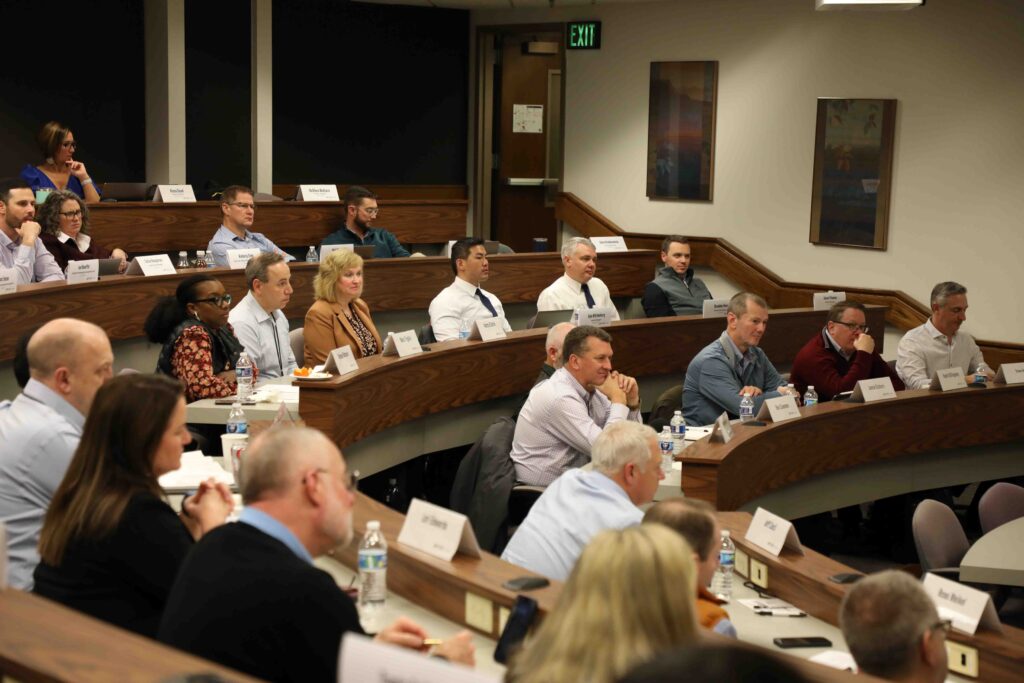Over the last 10-15 years, most agribusinesses have developed a strategy for working with larger growers. That’s good. As the need for efficiency continues to drive consolidation in both livestock and crop operations, understanding and serving these customers is critical.
While it certainly doesn’t mean that those are the only or even most important customers needing to be served, they do represent a significant opportunity and the future of agribusiness.
For almost 15 years, we have offered a sales strategy approach at Purdue that we call Precision Selling. The purpose of the program is to help agribusinesses of all types better serve the top end of their markets. Most agribusinesses are really good at serving traditional customers, but there are always things about the larger customers that make serving them more complex.
Here are five factors to consider as important components of strategy for working with larger farms:
1. Plan—Because large farms often representing a large chunk of potential business, managing the opportunity is as important as managing the customer. To take best advantage of an opportunity requires using formal planning tools. This means sales call plans, of course, but it also means writing things down about what we know and don’t know in a summary after the call. Good sellers keep track of what was said and learned in each call and spend time thinking about what it means. This gives them a head start on the next opportunity to interact. Large farms often have specific plans for their operations. If they don’t have one, then the seller has an opportunity to work with them to create one.
2. Execute—The purpose of the plan isn’t just to record things—it should guide exactly who will be doing what by when. If things are being executed that weren’t planned, then how well was the plan completed? The point here is not just that the doing is important, but that the things that get in the way of doing are important to address.
3. Be responsive—This used to mean quickly responding to a phone call, text, or email. That’s not fast enough today. In order to really be good at what they do, sellers today have to anticipate,–they have to know before the customer does. This has a lot of implications. One is that the seller has to be operationally connected beyond just working with the decision maker. Understanding what the barn or field manager is dealing with is part of that. Another implication is that if a seller is only responding, that means the customer is ahead of them.
4. Measure results—The results of your work with a large-scale grower ought to be measured using the outcomes that are most important to the customer. For example, do they look at yield or profit as the metric? What about feed conversion versus market weight? Measuring results doesn’t just mean measuring outcomes, though. It also means measuring along the way. Outcomes are backward looking—a lagging metric. Good sellers take measurements along the way in order to make appropriate corrections. They set goals for those metrics in conjunction with the customer and they report on this performance frequently. Good sellers are paying closer attention to these metrics than their customers.
5. Analyze—The thinking part often gets overlooked. Looking over past calls, past outcomes, and past inputs gives an idea about trending metrics that are important on a particular farming operation. Good sellers also analyze the relationship, looking at when the last time the customer called with a question was, or where they stand on getting a key piece of information that the buyer was reluctant to share.
Precision selling means putting the right sales efforts in the right places. It’s not a way of selling in general, it’s really a strategy for helping direct the efforts and strategies for working with specific growers that will be with us in the long run.
About the author
Scott Downey is an associate professor of agricultural economics and an associate director for the Center for Food and Agricultural Business. His teaching and research focus on sales and marketing and he coordinates Purdue’s sales and marketing degree program.



